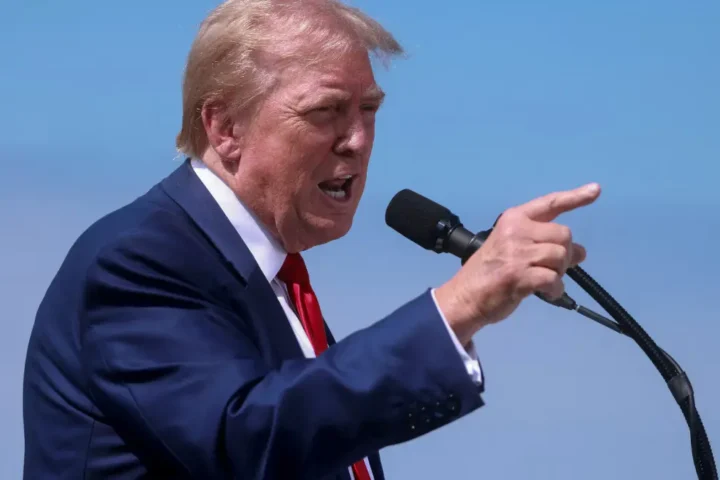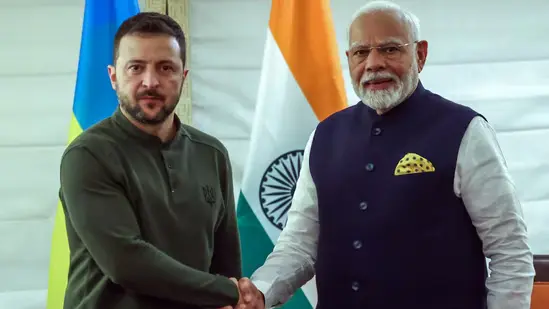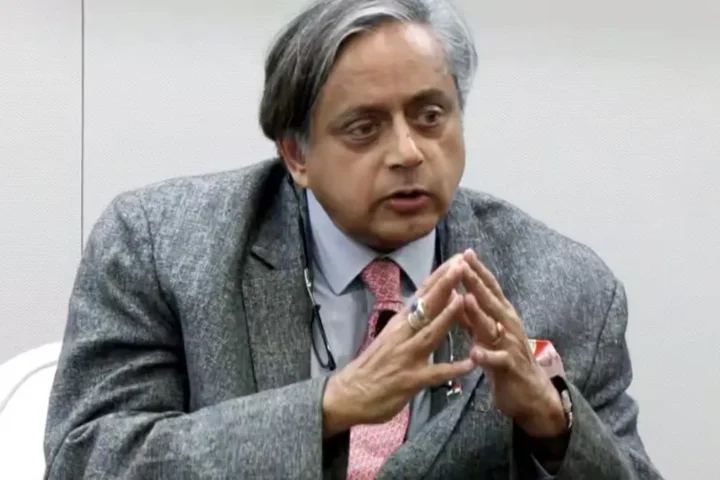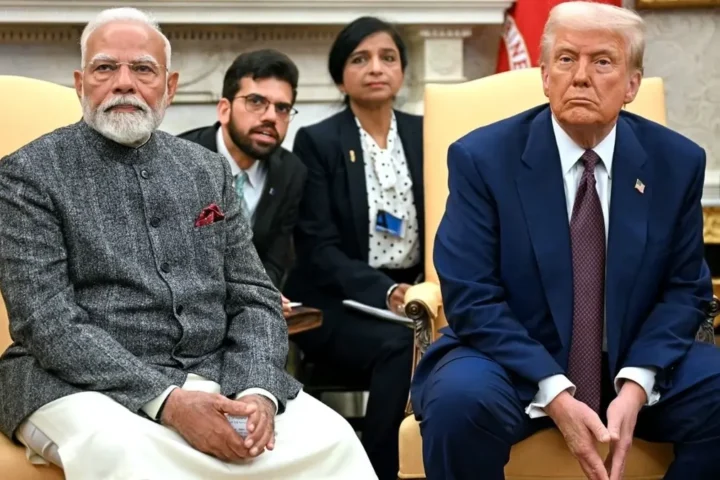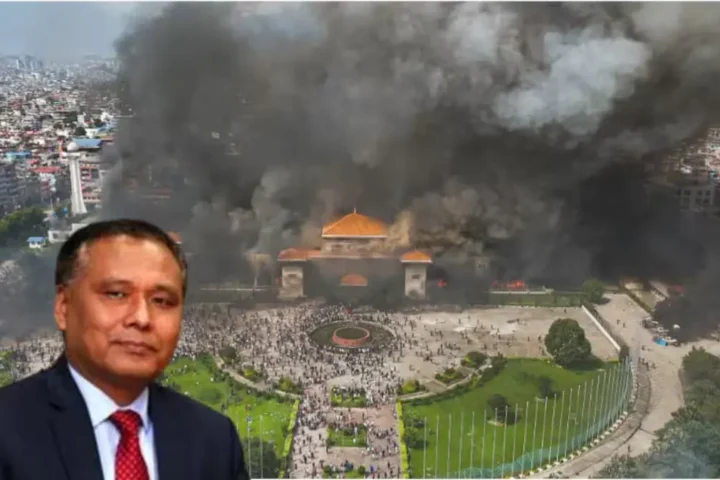India on Friday expressed deep concern over Israel’s powerful air strikes targeting military and nuclear sites across Iran, calling for both countries to step back from further escalation and urging the use of diplomatic channels to resolve rising tensions.
The unprecedented air strikes carried out by the Israeli military hit multiple Iranian cities, including Tehran, Natanz, Tabriz, Isfahan, Arak, and Kermanshah. According to Iran’s state-run media, several nuclear scientists and Hossein Salami, the commander-in-chief of the Islamic Revolutionary Guard Corps (IRGC), were among those killed.
Rising Hostilities: What Sparked the Conflict?
The latest military action is part of a deepening confrontation between two regional rivals locked in years of shadow warfare. Israel has long viewed Iran’s nuclear program and its support for armed groups like Hezbollah as existential threats. Iran, in turn, considers Israel an illegitimate state and has pledged support to anti-Israeli factions across the region.
The most recent escalation follows several flashpoints over the past year:
- April 2024: Iran launched missiles and drones at Israel in response to the bombing of its embassy in Damascus.
- October 2024: Israel retaliated after the assassination of Hezbollah chief Hassan Nasrallah.
- June 2025: Intelligence suggested heightened nuclear activities in Iran, prompting Israel to take what it called “preemptive defensive action.”
Friday’s air strikes, however, mark the most extensive and direct Israeli assault on Iranian territory in recent years.
India’s Official Response
Reacting swiftly to the situation, India’s Ministry of External Affairs issued a formal statement expressing concern:
“We are deeply concerned at the recent developments between Iran and Israel. India urges both sides to avoid any escalatory steps. Existing channels of dialogue and diplomacy should be utilised to de-escalate the situation and resolve underlying issues.”
The statement underlined India’s strong bilateral ties with both Iran and Israel, while offering to extend all possible support for de-escalation through dialogue.
No Evacuation Yet, But Indian Citizens Advised Caution
India has over 4,000 citizens in Iran, mainly students, academics, and traders, and more than 32,000 in Israel, primarily employed in caregiving and construction roles. In light of the strikes, the Indian embassies in Tehran and Tel Aviv issued urgent advisories:
- In Iran: “All Indian nationals and persons of Indian origin are requested to remain vigilant, avoid unnecessary movements, and follow local advisories.”
- In Israel: “Stay close to safety shelters and adhere strictly to the safety protocols issued by local authorities.”
Officials confirmed that while there are no immediate evacuation plans, embassies are in constant touch with Indian nationals and are monitoring the situation closely.
Iran Vows Retaliation
Iran’s Supreme Leader Ayatollah Ali Khamenei condemned the Israeli attack and vowed that Israel must “expect severe punishment.” The loss of key IRGC leaders and nuclear scientists is being termed a direct assault on Iran’s sovereignty and national defense program.
Security analysts warn that if Iran retaliates with full force, the conflict could spiral into a regional war drawing in other Middle Eastern countries, and potentially disrupting global oil markets and trade routes.
Global Implications
The scale and precision of Israel’s offensive signal a significant shift in regional dynamics. With nuclear facilities among the targets, concerns have grown internationally over the safety of nuclear material and the potential for a broader, more destructive conflict.
India, given its strategic partnerships with both countries, has positioned itself as a neutral party advocating restraint. Its response highlights a careful balance of foreign policy interests, diaspora safety, and regional stability.
Interesting Read
Conclusion
The situation between Israel and Iran remains volatile, with diplomatic efforts now more critical than ever. While the international community watches closely, India’s appeal for peace underscores the urgent need to prevent the crisis from spiraling further out of control.
For Indian citizens in the region, vigilance and adherence to safety protocols remain key as events continue to unfold.


